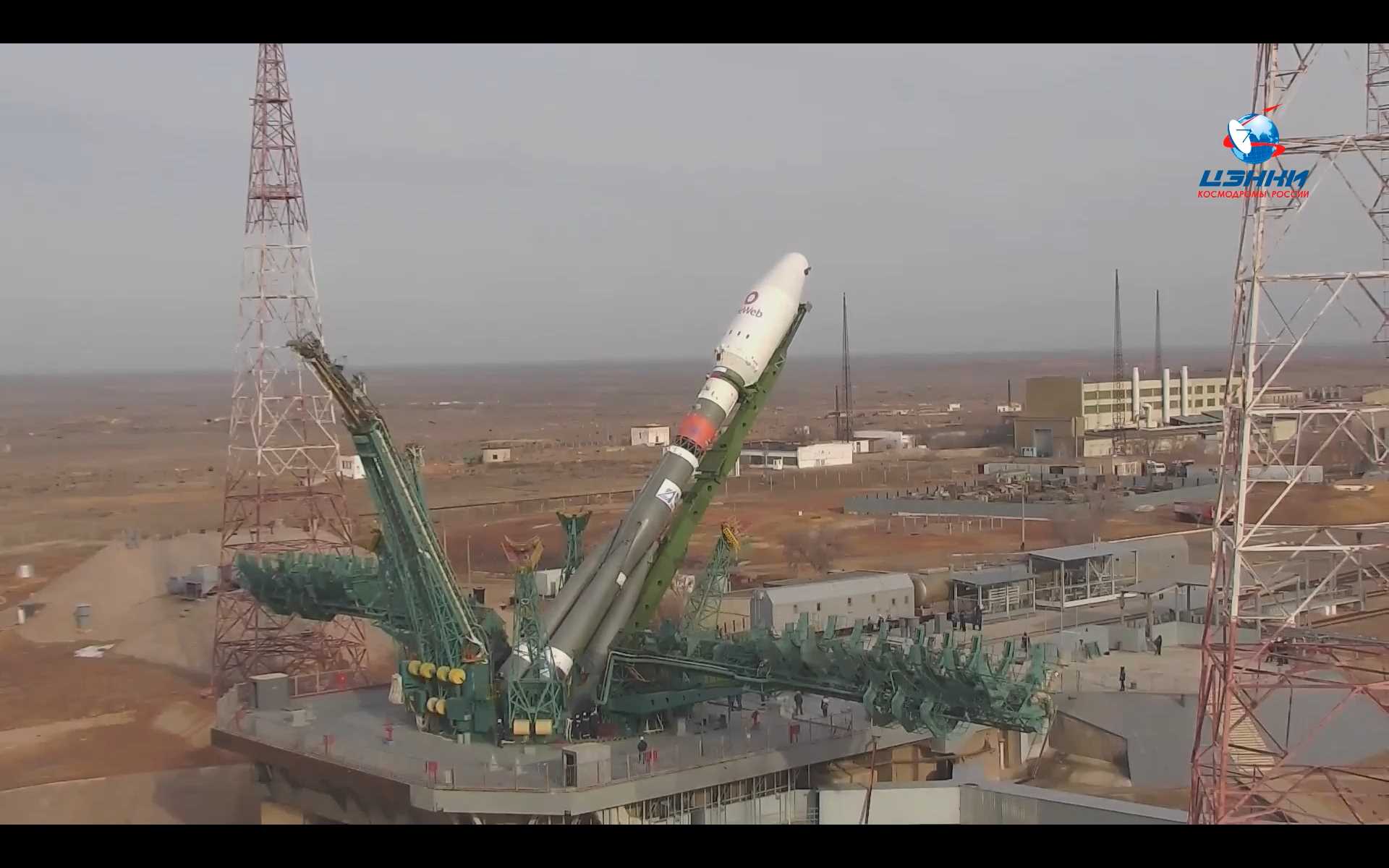India to launch OneWeb internet satellites this year, helping replace Russian-built Soyuz rockets

OneWeb has found another replacement for the Russian-built rockets that used to launch its internet satellites.
The London-based company has signed a launch deal with New Space India Limited, the commercial branch of the Indian Space Research Organisation, OneWeb and ISRO representatives announced on Wednesday (April 20). The first liftoff under the new contract is expected to take place this year from the Satish Dhawan Space Centre in northeastern India.
"This is yet another historic day for collaboration in space, thanks to the shared ambition and vision of New Space India and OneWeb," Sunil Bharti Mittal, OneWeb's executive chairman, said in an emailed statement.
"This most recent agreement on launch plans adds considerable momentum to the development of OneWeb's network, as we work together across the space industry toward our common goal of connecting communities globally," Mittal added.
Related: Russia refuses to launch UK's OneWeb satellites unless demands are met
OneWeb and New Space India did not disclose the terms of the contract or how many launches it covers. The emailed statement did not mention which rocket is involved, but a OneWeb executive told SpaceNews that it's the Geosynchronous Satellite Launch Vehicle, India's most powerful heavy lifter.
OneWeb is building a broadband constellation in low Earth orbit that will consist of 648 satellites. Nearly 450 of those spacecraft are already up, all of them launched by Russian-built Soyuz rockets operated by French company Arianespace.
Breaking space news, the latest updates on rocket launches, skywatching events and more!
But Russia's invasion of Ukraine, and the sanctions against Russia that followed, ended up severing that launch partnership. OneWeb had to get a new ride for the rest of its satellites, and it has now found two.
On March 21, OneWeb announced that it had signed a launch deal with SpaceX, a competitor in the satellite-internet industry. (SpaceX has already launched more than 2,300 of its Starlink broadband spacecraft, with thousands more likely to follow.) Terms of that deal were not disclosed, either.
Mike Wall is the author of "Out There" (Grand Central Publishing, 2018; illustrated by Karl Tate), a book about the search for alien life. Follow him on Twitter @michaeldwall. Follow us on Twitter @Spacedotcom or on Facebook.

Michael Wall is a Senior Space Writer with Space.com and joined the team in 2010. He primarily covers exoplanets, spaceflight and military space, but has been known to dabble in the space art beat. His book about the search for alien life, "Out There," was published on Nov. 13, 2018. Before becoming a science writer, Michael worked as a herpetologist and wildlife biologist. He has a Ph.D. in evolutionary biology from the University of Sydney, Australia, a bachelor's degree from the University of Arizona, and a graduate certificate in science writing from the University of California, Santa Cruz. To find out what his latest project is, you can follow Michael on Twitter.
